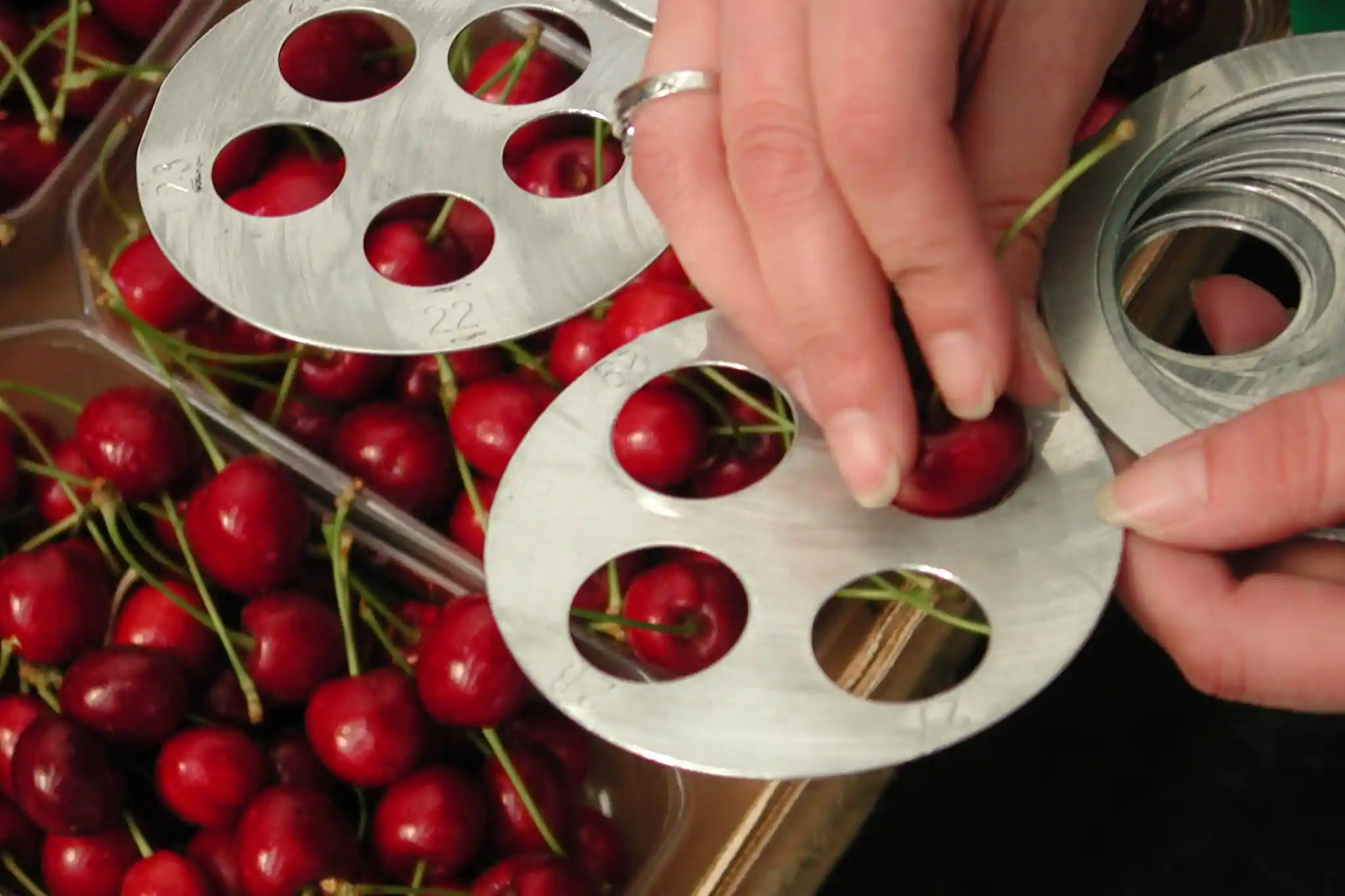Despite a complex season in terms of pricing, Chile’s cherry industry is gearing up for new global challenges: quality, logistics, and promotion will be the pillars of its future growth.
During the Global Cherry Summit 2025, the key event for Chile’s cherry sector held at Arena Monticello near Santiago, Claudia Soler, Executive Director of the Chilean Cherry Committee, provided a detailed overview of the season just ended. The event welcomed around 2,000 industry professionals, both local and international.
A Record-Breaking Season
A record-breaking season, but with narrow profit margins. According to the data presented, exports of fresh cherries reached 626,014 tons (equivalent to 125.2 million boxes), marking a 51% increase compared to the previous season. China reaffirmed its role as a key market, absorbing 91% of the total volume.
However, despite the record volumes, the campaign ended with a drop in prices and lower-than-expected profitability. Soler explained that the main challenges were related to logistics issues, quality management, and a series of fake news stories circulating in Chinese media, which undermined consumer trust.
The Industry’s Response
The industry’s response: doubled investment. Anticipating production growth, the Committee had already planned a significant increase in promotional spending: over $7.3 million (approximately €6.8 million), more than twice the previous season’s investment. Campaigns focused on major Chinese cities, with growing attention to second-tier cities where Chilean cherries are still perceived as a premium product.
 Claudia Soler, executive director of the Chilean Cherry Committee.
Claudia Soler, executive director of the Chilean Cherry Committee.
Extensive promotional activities – including social media, e-commerce platforms, billboards, official mascots, and retail partnerships – reached 139 million consumers, increasing market penetration from 33% to 40%.
Diversifying Markets
Diversify to avoid dependency. The need to expand beyond the Chinese market is increasingly evident. As Soler explained, no other country can currently absorb the same volumes. However, the Committee continues to work on alternative markets in Asia, Europe, and the Americas with a gradual and sustainable approach.
In Europe as well, interest in off-season cherries – such as those from Chile – is growing, especially within the premium segments of the retail sector in Germany, France, and Italy. However, competition from Turkey and Spain imposes high standards and the need for optimal quality and logistics management.
Future Priorities
Future priorities include:
- Improving product quality to better meet consumer preferences and market requirements;
- Strengthening logistics and cold chain management;
- Expanding market presence in new Chinese cities and alternative markets;
- Rebuilding consumer and trade trust.
“Cherries have become a true ambassador of Chile around the world,” concluded Claudia Soler. “We still have a long road ahead, but we are ready to grow together as a united industry.”
Source: portalfruticola.com
Cherry Times - All rights reserved











